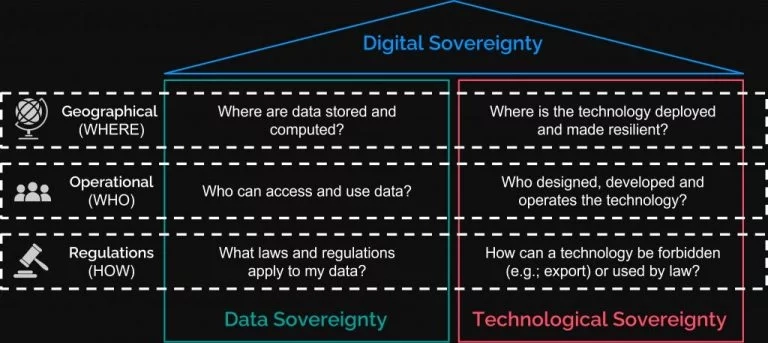Senator Ede Edafenone, representing Delta Central Senatorial District, has taken a bold step towards securing Nigeria’s digital future. On Thursday, February 20, 2025, he sponsored a Bill for an Act to Establish a Framework for Digital Sovereignty, AI Governance, and Fair Compensation for Data Use in Nigeria, setting the stage for a seismic shift in the country’s tech landscape.
While presenting the bill for first reading, Senator Ede said, “For decades, Nigeria has suffered from resource exploitation, primarily in the oil sector, without fair compensation. But in today’s digital age, the new resource being extracted without benefit to Nigerians is data. With every Google search, WhatsApp message, Facebook post, TikTok video, and social media interaction, foreign tech giants harvest and monetize user data—reaping billions while Nigeria gets nothing in return.
“Tech behemoths like Google, Meta, Microsoft, OpenAI, and China’s DeepSeek generate vast profits from Nigerian data without paying a dime to the country. Unlike the UK, Canada, France, and other nations that have imposed digital tariffs, Nigeria has yet to claim its share of this digital wealth. Senator Ede’s bill seeks to change that narrative.
“This bill is designed to strengthen Nigeria’s revenue base by ensuring that foreign tech companies offering data services in Nigeria and earning over ₦10 billion in revenue annually pay a percentage of their earnings as a tariff to Nigeria,” Senator Ede stated passionately on the Senate floor.
Read Also: Intense AI war forces OpenAI to remove all content restrictions
Beyond financial compensation, the bill prioritizes national security by requiring that Nigerian user data be stored within the country rather than on foreign cloud servers. This move, experts say, will reduce cybersecurity risks and safeguard the nation’s digital sovereignty.
Moreover, the proposed law compels foreign data companies benefiting from Nigeria’s digital economy to establish physical offices in Nigeria, creating job opportunities and boosting local innovation.
In a visionary push for AI development, the bill also mandates that at least 30% of AI research related to Nigerian data be conducted within the country. This provision aims to drive technology transfer, foster indigenous AI innovation, and position Nigeria as a leader in Africa’s digital revolution.
Senator Ede’s bill has already ignited discussions across political and business circles, with many hailing it as a crucial step toward digital independence. However, analysts predict fierce resistance from global tech giants accustomed to operating in Nigeria without financial obligations.
Will Nigeria finally reclaim control over its digital resources? Will this bill mark the beginning of a new era in AI governance and data sovereignty? The coming weeks will reveal whether Senator Ede’s bold move can reshape Nigeria’s digital future or face pushback from powerful global interests.






